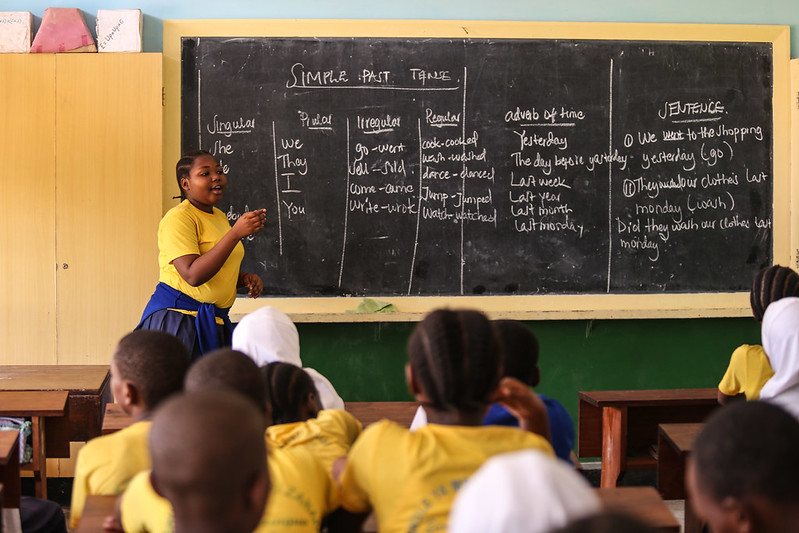Topic Resources
September 18, 2020
The Sauti publication features artworks from young African women, and showcases the linguistic diversity of Africa. #Africayouthlead
February 10, 2022
Agenda 2063 is Africa’s development blueprint to achieve inclusive and sustainable socio-economic development over a 50-year period.
November 06, 2024
In a world where every click, every share, and every tweet can broadcast one’s thoughts to a global audience, the digital realm has becom
November 01, 2024





